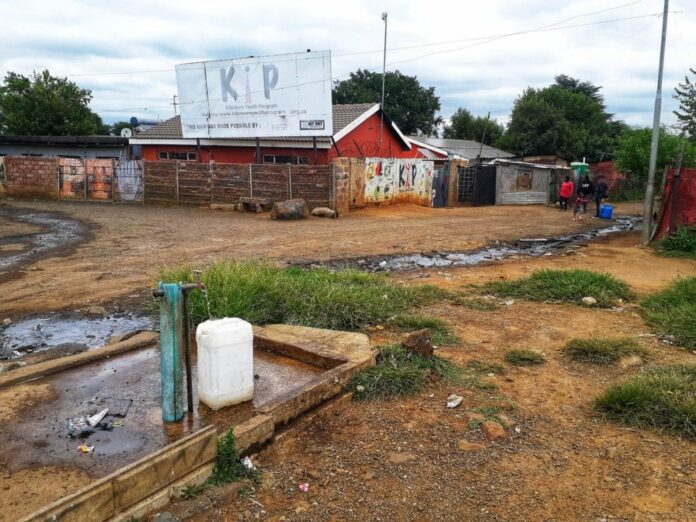By Siyabonga Hadebe
Johannesburg – In most cases when people think about the mass movement of people from rural areas to urban settlements, they often ascribe this phenomenon to forced removals and land grabs by colonial and apartheid authorities.
However, there is another aspect that is largely ignored but which is still directly connected to how people moved to townships: there was a coordinated strategy that promoted townships as better places compared to rural areas.
The strategy of social engineering using psychological warfare remains in our blind spot and does not receive as much attention as it should.
The strategy for separate development entailed psychological warfare and other interventions, not only to justify apartheid, but also to make blacks believe that apartness was not a bad thing after all.
The rise of black businessmen such as Richard Maponya (township) and Herman Mashaba (homeland) were deliberate, and carefully planned.
With these men, the apartheid state wanted to demonstrate to blacks that they were not actually getting short-changed with apartheid.
Every time the apartheid system was criticised, its defenders would be quick to point out to the progress of the likes of Maponya and Mashaba.
Furthermore, this strategy also worked wonders to organise human labour in an economy that was desperate to grow and to cushion developed lifestyles of white settler communities through accessible black labour.
Major wars had already taken place in the 1800s, so it was time for a different approach to integrate blacks into the modern economy.
This psychological warfare was deployed to encourage black men, and later black women, to leave the hinterland to the cities, mines and farms where they would be employed as cheap labour to support the white economy.
They did not need to be subjected to guns and beatings to make them relocate to hostels and townships. Besides hunger and the need for survival, people were attracted to townships as a result of massive investments by the apartheid state to influence perceptions about townships.
Sport like soccer and later television became easy modes of speeding up migration to the urban areas.
As a result, the lexicon of African languages reflrected this through words like “amatshipha”, “amagoduka”, “abobhari”, “oguluva”, etc, to denote the cultural divide between the urban and rural settings.
In the bigger scheme, the social and economic planners were not going to allow the demonisation of the urbanisation of Africans because that would have serious implications for the economy, politics and access to cheap labour.
Apartheid understood that its sole competitive advantages were the large pool of cheap labour in blacks and their indirect or direct cooperation was necessary to fuel the industrialisation of places like Durban and Johannesburg.
Today, poverty cuts across South African society and townships have lost their relevance after slavery was abolished with the end of apartheid.
Township folk are as lost in the milieu of confusion and poverty as those who come from rural areas.
Letta Mbulu’s song Not Yet Uhuru amply puts it: “Akukho mehluko kulelizwe … Silal’ emikhukhwini” (Still no difference; we stay in shacks).

Follow @SundayWorldZA on Twitter and @sundayworldza on Instagram, or like our Facebook Page, Sunday World, by clicking here for the latest breaking news in South Africa. To Subscribe to Sunday World, click here.
Sunday World



